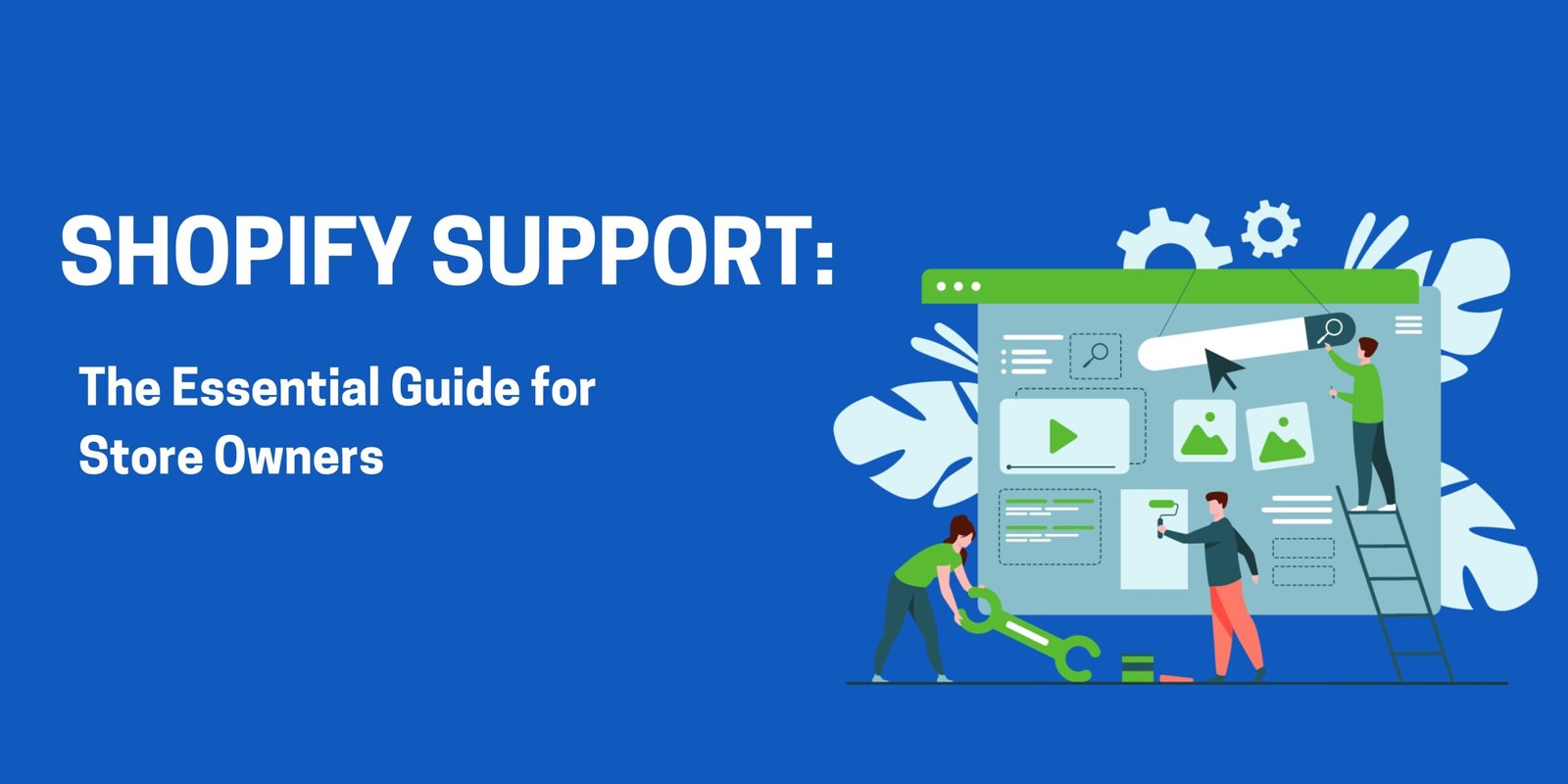Every click, every scroll, every interaction—each one is a golden opportunity for your brand to stand out. But finding powerful, budget-friendly tools to make that happen? That’s where the real challenge begins. You want top-quality design, social media scheduling, insightful analytics, and a seamless CRM, all without emptying your wallet. That’s why free digital marketing tools are game-changers. They’re not just for beginners; even savvy marketers know these tools can make a massive impact without costing a dime.
But let’s be real: not all free tools are created equal. We’ve sifted through the options to bring you the top 5 free digital marketing tools for 2025—each one proven to boost your strategy without hidden fees or limits. So, if you’re ready to grow smarter and save more, these tools are about to become your new best friends.
Why Choose Free Digital Marketing Tools?
Free digital marketing tools provide startups, small businesses, and even larger companies with essential features to grow their online presence without heavy expenses. With the right tools, you can streamline your social media, track performance, manage customer interactions, and refine your marketing strategies without a huge investment. Here’s our pick of the top five free digital marketing tools you should consider in 2025.
Top 5 Free Digital Marketing Tools in 2025
1. Canva – Effortless Graphic Design
When it comes to creating professional-looking graphics quickly, Canva is a go-to choice. This tool is not only beginner-friendly but also packed with features that make it perfect for social media graphics, presentations, and even marketing brochures.
Why Canva?
With its drag-and-drop interface, Canva makes it easy for anyone, regardless of design experience, to create eye-catching visuals. Whether you’re making social media posts, website banners, or presentation slides, Canva offers a wide variety of templates that help you design with ease.
Key Features:
- Thousands of customizable templates
- Extensive library of stock images, icons, and fonts
- Free access to basic design features, with optional paid upgrades
Pros and Cons of Canva
| Pros | Cons |
| User-friendly for all levels | Limited features in free plan |
| Huge library of templates | Paid options for advanced tools |
| Ideal for social media content | Some stock images cost extra |
2. HubSpot CRM – Free Customer Relationship Management
If managing customer relationships is a priority, then HubSpot CRM is a must-have tool. It’s one of the best free digital marketing tools for small businesses, offering a comprehensive CRM that helps you track leads, automate emails, and manage contacts all in one place.
Why HubSpot CRM?
HubSpot CRM offers essential tools to help businesses manage relationships with customers and track sales performance. This CRM integrates with other marketing tools, allowing businesses to streamline their workflows and improve customer engagement.
Key Features:
- Contact management and tracking
- Email automation
- Reporting dashboards
Pros and Cons of HubSpot CRM
| Pros | Cons |
| Free CRM with powerful features | Advanced features require payment |
| Integrates with other tools | Can be complex for new users |
| Great for customer tracking | Limited customization in the free plan |
3. Google Analytics – Comprehensive Website Analytics
For any digital marketer, Google Analytics is indispensable. This free tool helps you track and understand website traffic, providing insights into visitor behavior, user demographics, and the effectiveness of your digital marketing campaigns.
Why Google Analytics?
Google Analytics is a powerhouse for tracking and analyzing website performance. It’s a free digital marketing tool that gives you a comprehensive look at who visits your site, where they come from, and what they do while on your site.
Key Features:
- In-depth traffic analytics
- Visitor demographics and interests
- Real-time data tracking
Pros and Cons of Google Analytics
| Pros | Cons |
| Free and highly comprehensive | Steep learning curve |
| Real-time insights | Limited support in free version |
| Essential for tracking ROI | Advanced features are complex |
4. Buffer – Free Social Media Scheduling
Buffer is a popular tool for social media scheduling, and its free version provides basic but useful features for managing multiple social accounts in one place. If you’re a small business or startup, Buffer’s free digital marketing tools for social media will help streamline your posting schedule.
Why Buffer?
Buffer offers a simple, intuitive interface for scheduling posts on social media. It’s ideal for small businesses that want to keep their social media presence active without spending hours each day.
Key Features:
- Schedule posts for multiple platforms
- Analytics for engagement and reach
- Queue management for continuous posting
Pros and Cons of Buffer
| Pros | Cons |
| Simple and easy-to-use | Limited analytics in free version |
| Supports multiple social platforms | Only 3 accounts in free plan |
| Great for small businesses | Fewer scheduling options than paid tools |
5. Mailchimp – Email Marketing for Beginners
Mailchimp remains one of the best free digital marketing tools for email marketing. The platform’s free plan allows small businesses to engage with their audience, build email lists, and design professional campaigns without any added cost.
Why Mailchimp?
Mailchimp is a user-friendly email marketing tool that provides everything from email list management to analytics. Its drag-and-drop email builder is simple to use, making it ideal for beginners who want to start building their email lists and sending out newsletters.
Key Features:
- Email list management
- Drag-and-drop campaign builder
- Basic reporting and analytics
Pros and Cons of Mailchimp
| Pros | Cons |
| Easy to set up and use | Limited features in free plan |
| Great for email list building | Limited support in free plan |
| Integrates with e-commerce platforms | Email automation is basic |
How to Choose the Right Free Digital Marketing Tools
Selecting the right tool depends on your specific needs and goals. Consider these factors:
- Budget: All these tools are free, but some offer premium upgrades if you need more features.
- Ease of Use: Some tools are more beginner-friendly than others. Choose one that matches your experience level.
- Integration: Look for tools that work well with your current tech stack.
Conclusion
Ready to simplify and grow with smart tools? Let Blueprints Digital Center guide you in choosing what’s best for your business goals.
Frequently Asked Questions (FAQs)
1. What are the 5 marketing tools everyone should know about?
The five essential free digital marketing tools are Canva, HubSpot CRM, Google Analytics, Buffer, and Mailchimp. These cover design, CRM, analytics, social media scheduling, and email marketing.
2. Are there any free digital marketing tools for small businesses?
Yes! Canva, HubSpot CRM, Buffer, and Google Analytics are among the best free digital marketing tools for small businesses.
3. What’s the best tool for social media scheduling?
Buffer is a fantastic free option for scheduling social media posts, particularly for startups and small businesses.
4. Can these tools replace paid digital marketing tools?
While they offer great functionality, paid tools often have more advanced features. However, these free tools can cover most essential needs for smaller operations.
5. Are these tools suitable for startups?
Absolutely! These free marketing tools for startups help new businesses build a digital presence without heavy costs.




